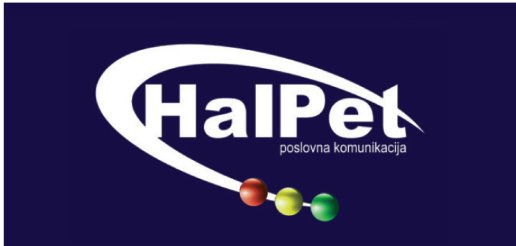It is often said that things are ‘never as simple as they seem’. When it comes to plural of nouns in English, we could not agree more. At the early stages of learning English, we are taught that the plural form of nouns is formed by adding s to the noun, e.g. Marko’s task is very simple. However, my tasks are numerous and very complex. Nouns that end in -ch, x, s or -like sounds, will require an -es for the plural, e.g. He had a glass of red wine and his wife had three glasses of champagne.
However, as we have already said, things are never as simple as they seem. The more we learn, the more aware we become of the fact that there is a considerable number of nouns in English that follow their own and very often illogical rules.
Let’s recall some nouns that are always used in plural but take a singular verb:
fields of study and occupation: economics, statistics, politics, ethics, etc. Economics / mathematics / statistics is said to be difficult. Politics is a very demanding profession.
leisure activities & games: dominoes, cards, billiards, aerobics. Gymnastics is fun to watch. Billiards is my favorite free time activity.
news. The news is good.
Let’s recall some nouns that are always used in plural and take a plural verb:
goods (merchandise); arms (weapons); etc. Unfortunately, the goods were damaged.
things made up of two or more parts: clothes, jeans, trousers, scissors, glasses, etc. Her clothes are always very expensive. My new glasses are really excellent.
brains (intellect) and looks (appearance). Her brains are impressive and her looks are a key to success.
Let’s recall some NO-plural nouns:
information or data. I need some information / data.
knowledge. You need specialist knowledge to do this job.
advice. There’s lots of advice in the book on advertising.
Let’s recall some collective nouns that take both singular and plural verbs:
audience; equipment, etc. The equipment was expensive.
government, police, committee, team, staff, etc. The government has done nothing. (We think of them as a group). The government have done nothing. (We talk about individuals within the group).




